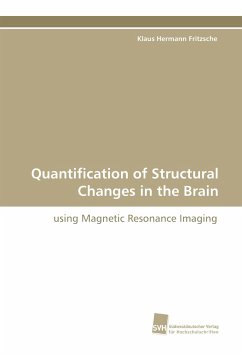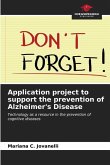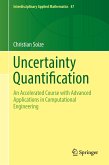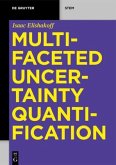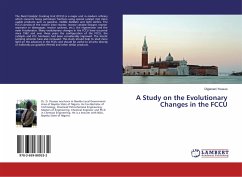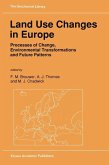Magnetic Resonance Imaging (MRI) and diffusion weighted MRI non-invasively deliver anatomical and even microstructural parameters of the living human brain with ever increasing resolution and detail. This book addresses current main challenges in detecting structural changes in the brain and diagnosing Alzheimer's Disease (AD) at early stages using imaging markers. An automated method for individual patient atrophy assessment on a macroscopic level and a Diffusion Tensor Imaging (DTI) based approach to fiber integrity assessment on a microscopic level are introduced. Diffusion phantoms are presented that allow the controlled investigation of quantification methods under PV conditions. A comprehensive set of in-vivo, in-vitro, and in-silico experiments are defined and applied to evaluate different existing and novel DTI- and Q-ball imaging based measures of brain integrity. The presented methods and findings improve the understanding, applicability, and diagnostic use of recently proposed imaging techniques and are an essential step as well towards clinical application of quantitative imaging as towards computer assisted early AD diagnosis.

